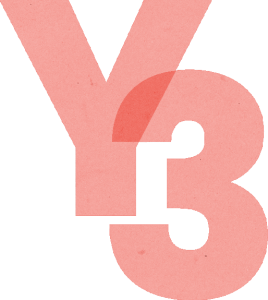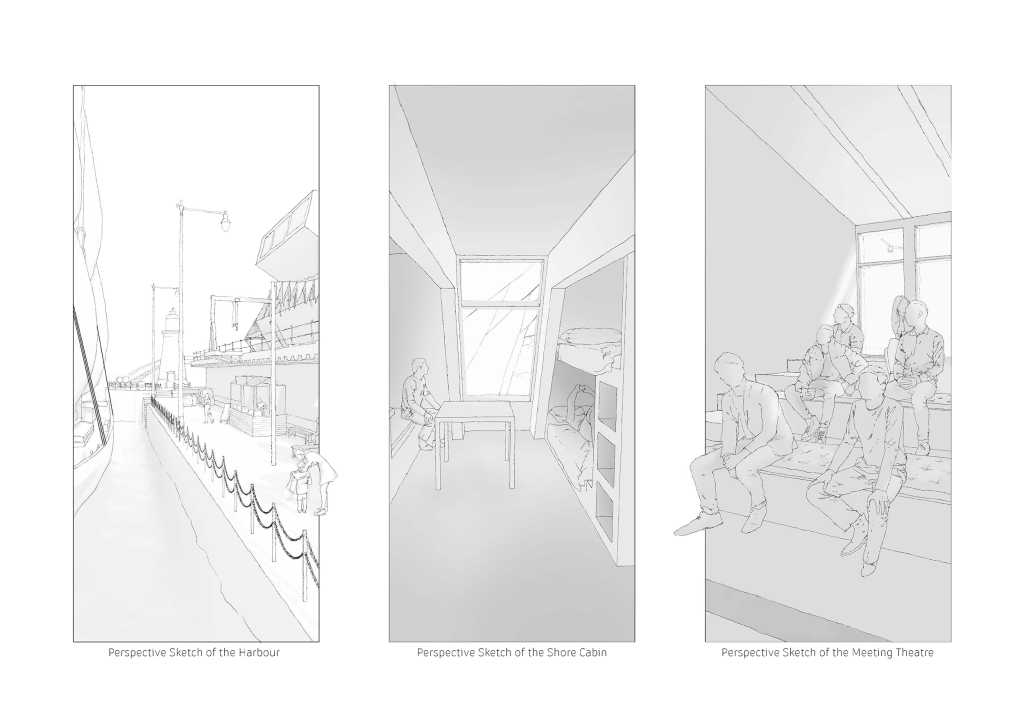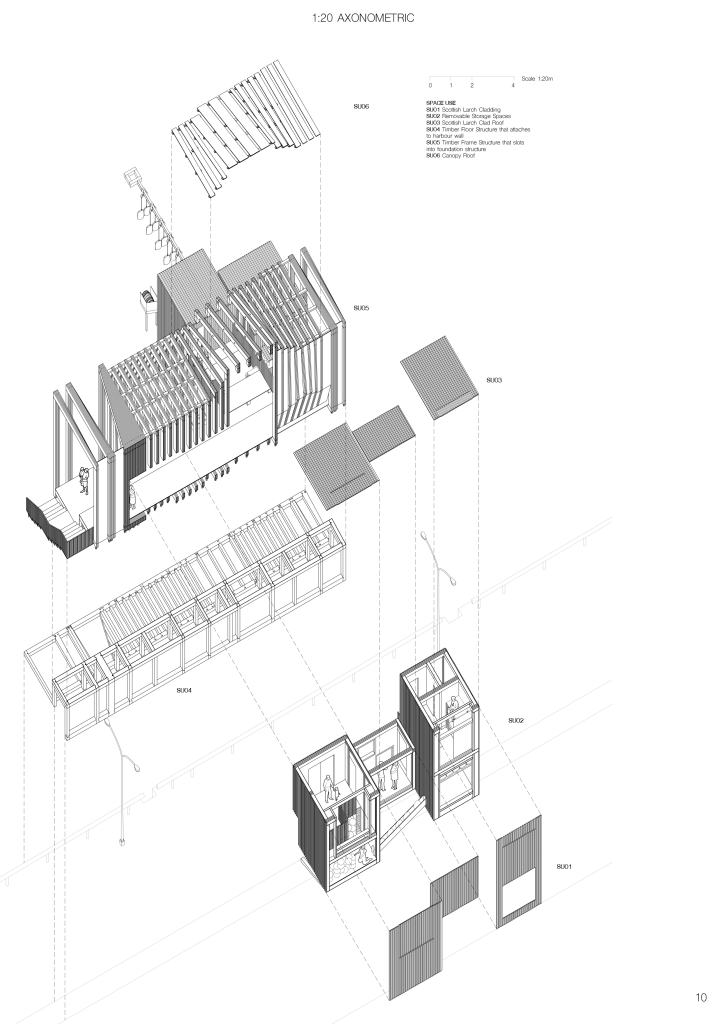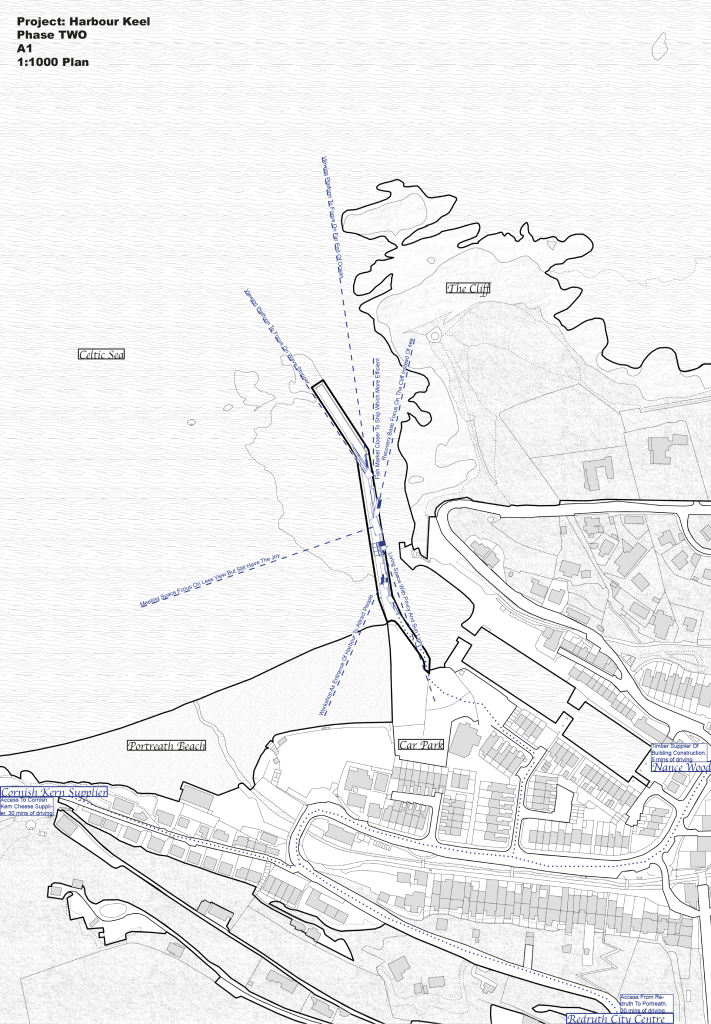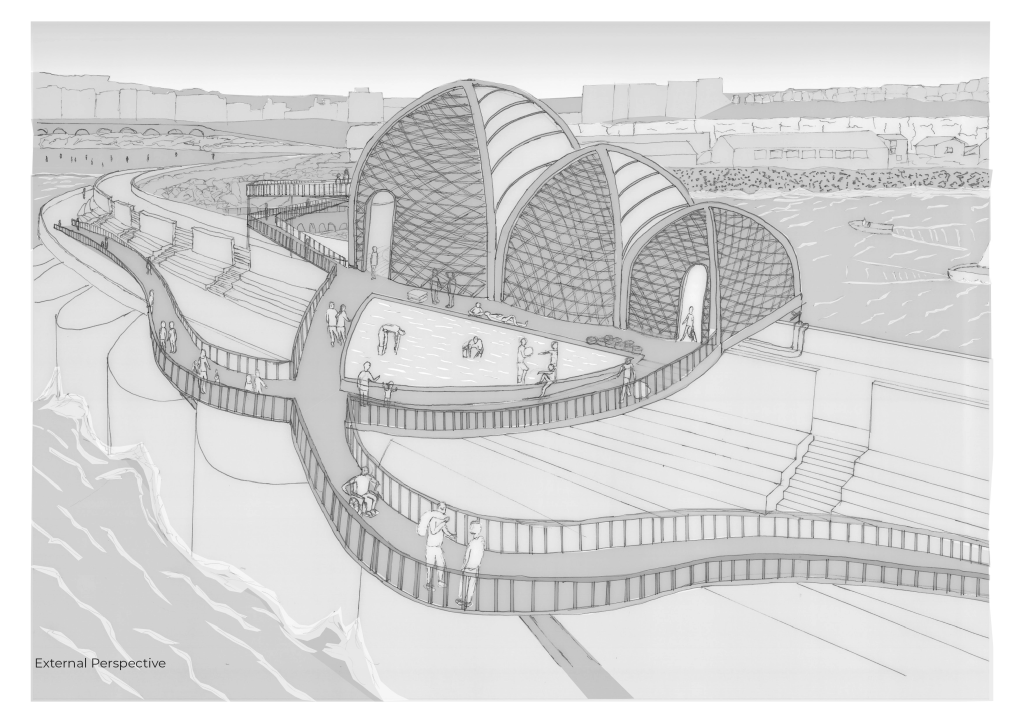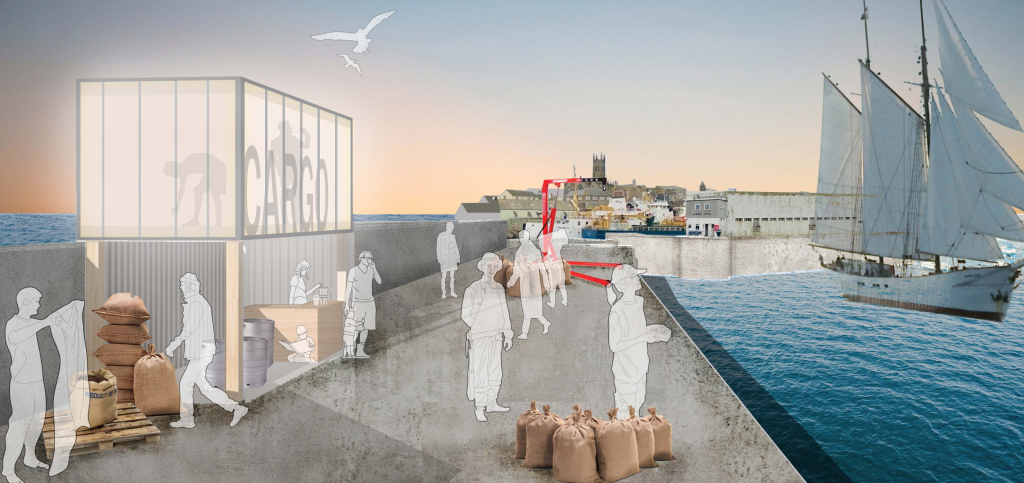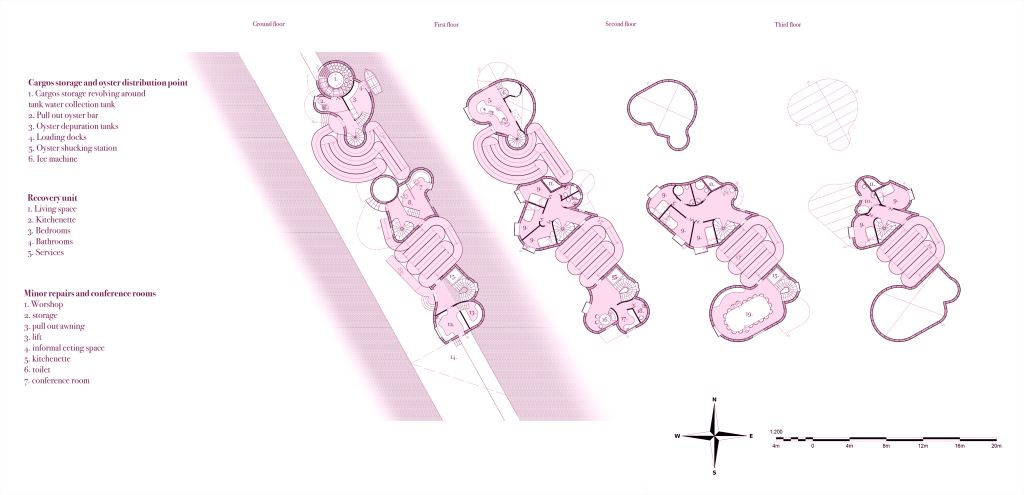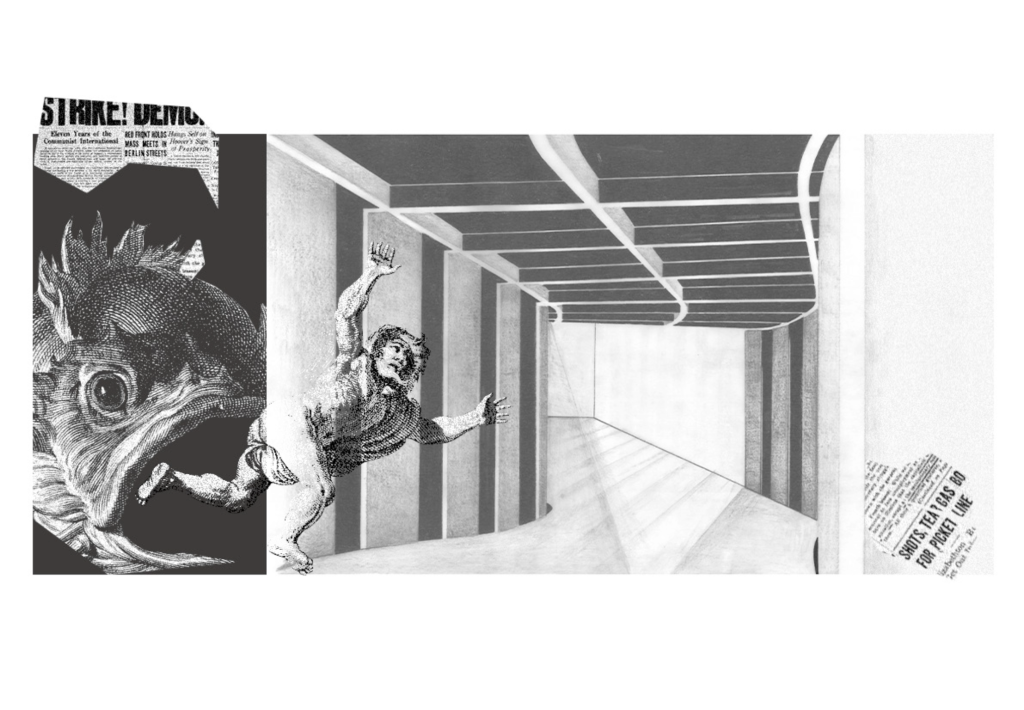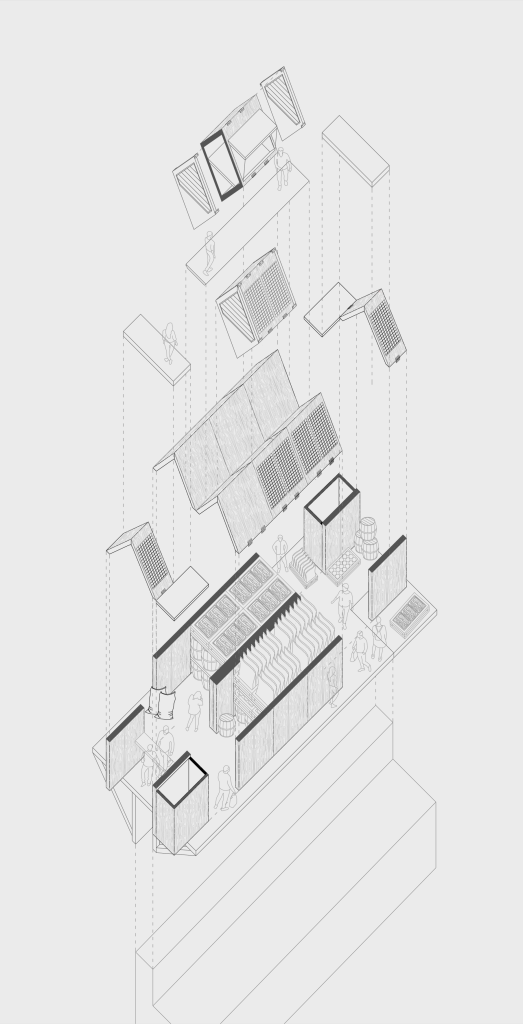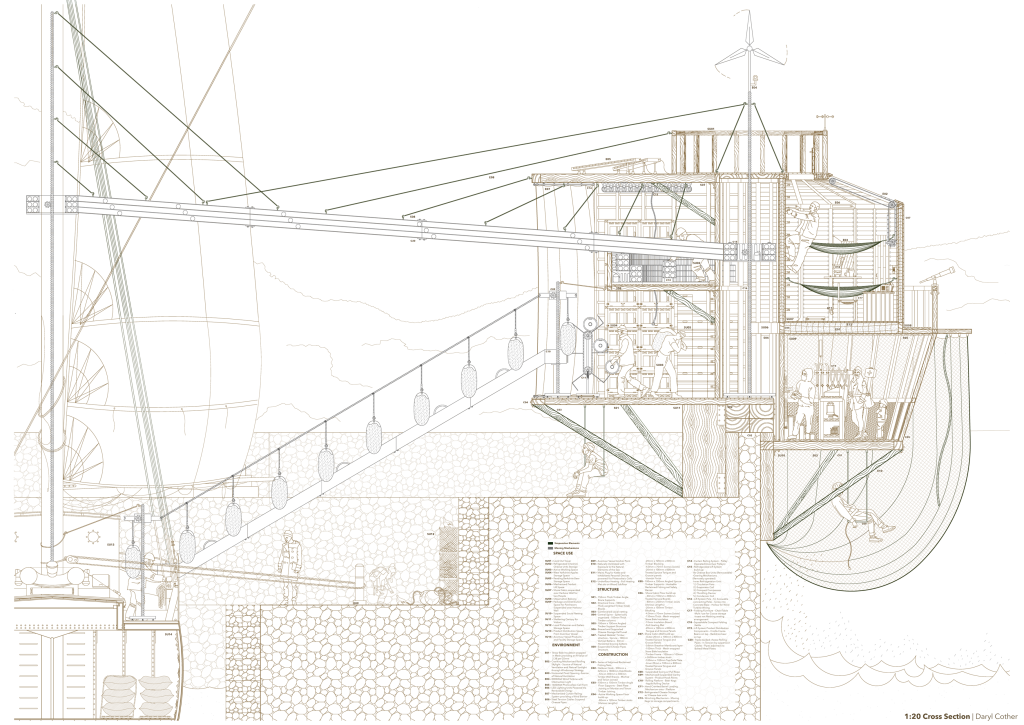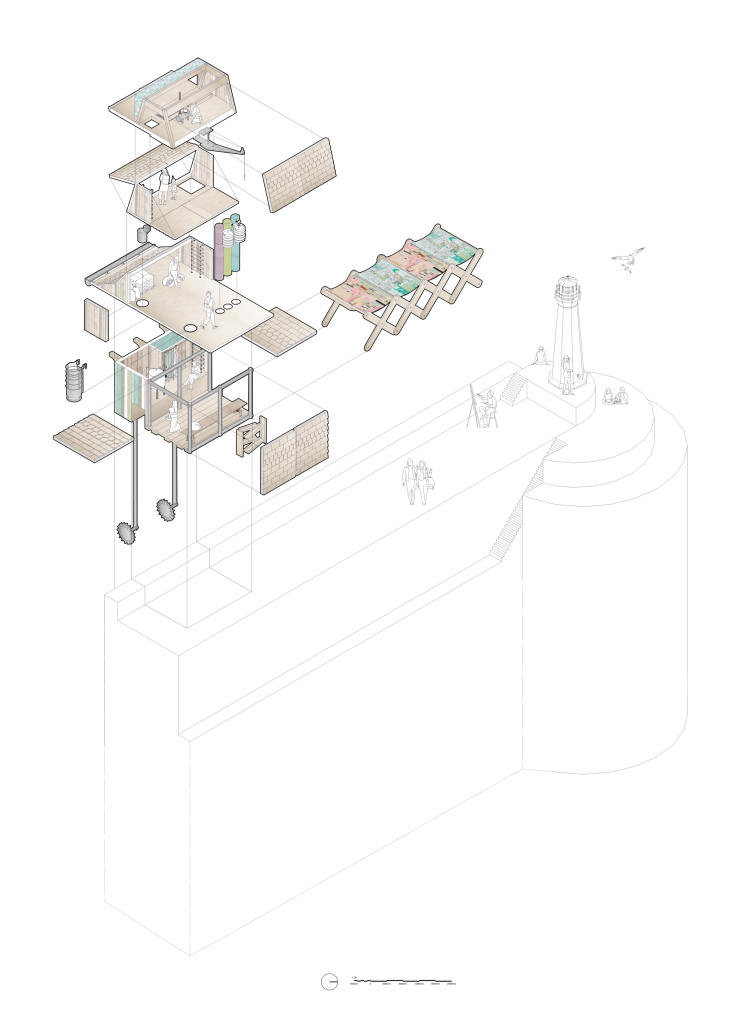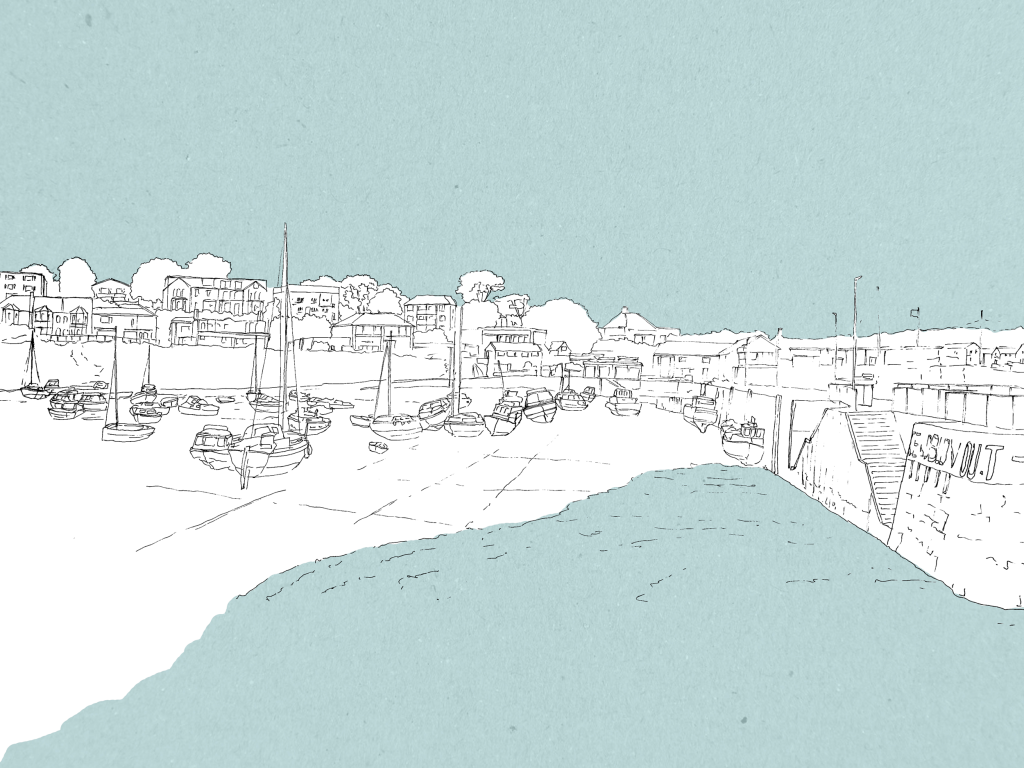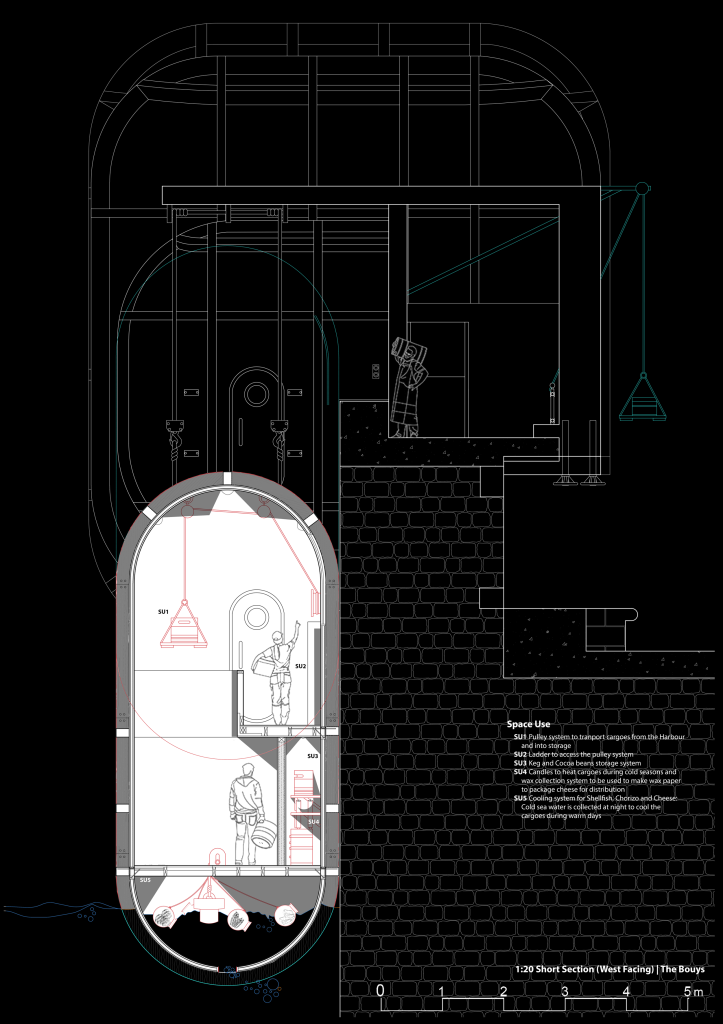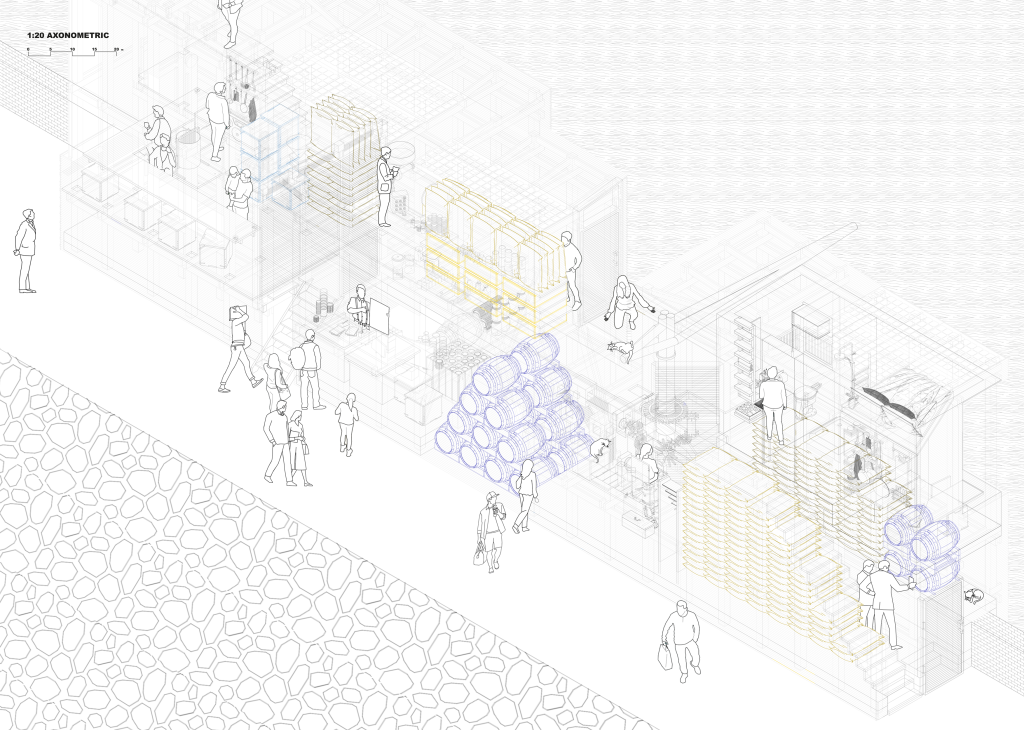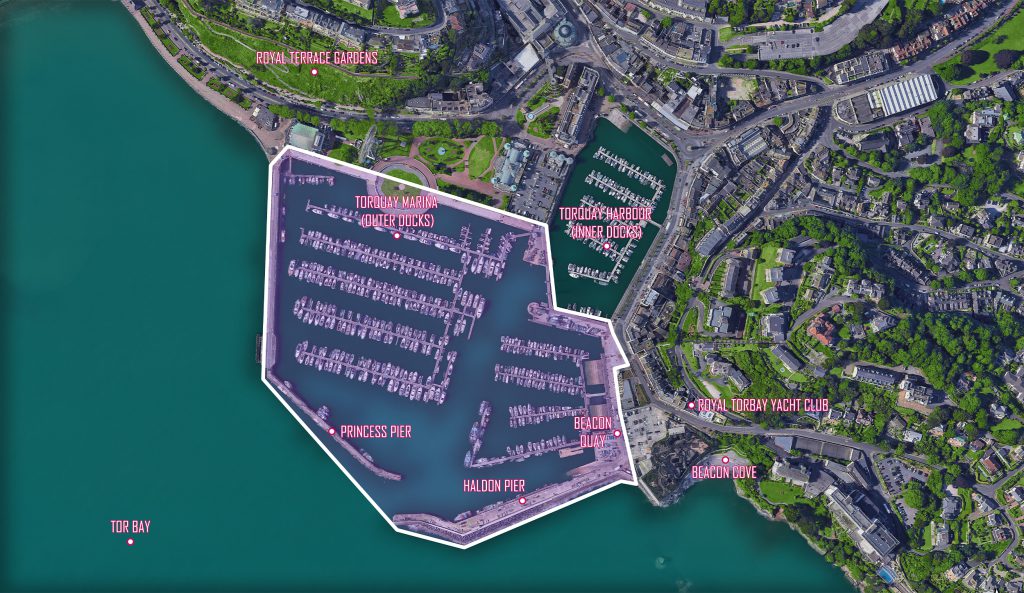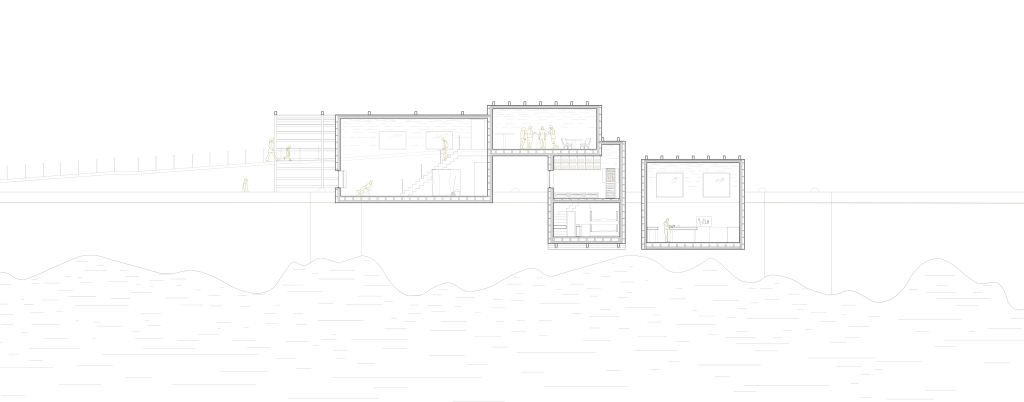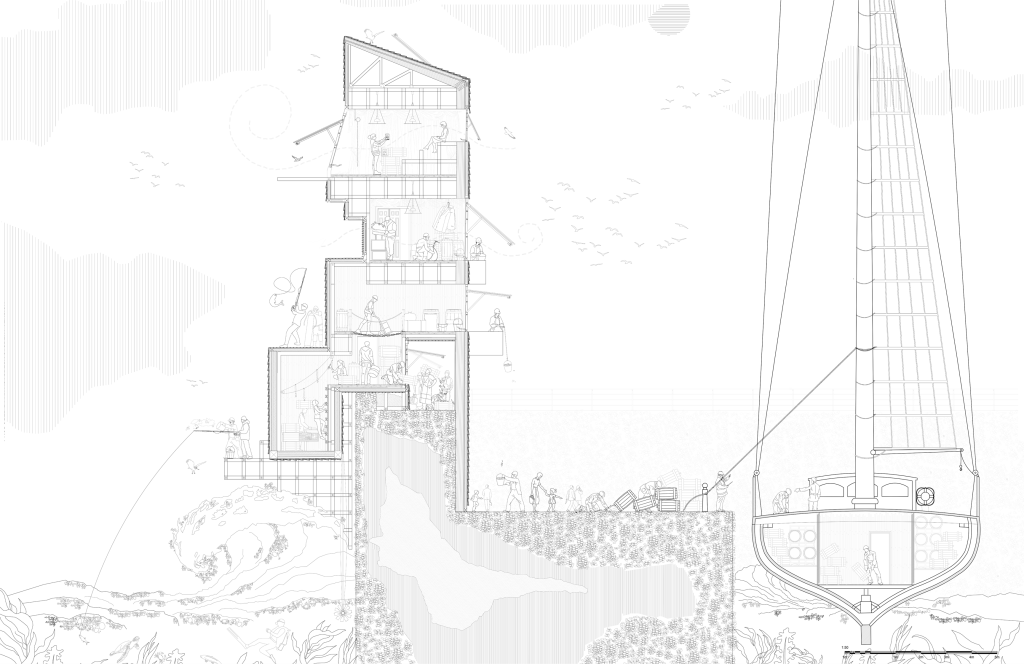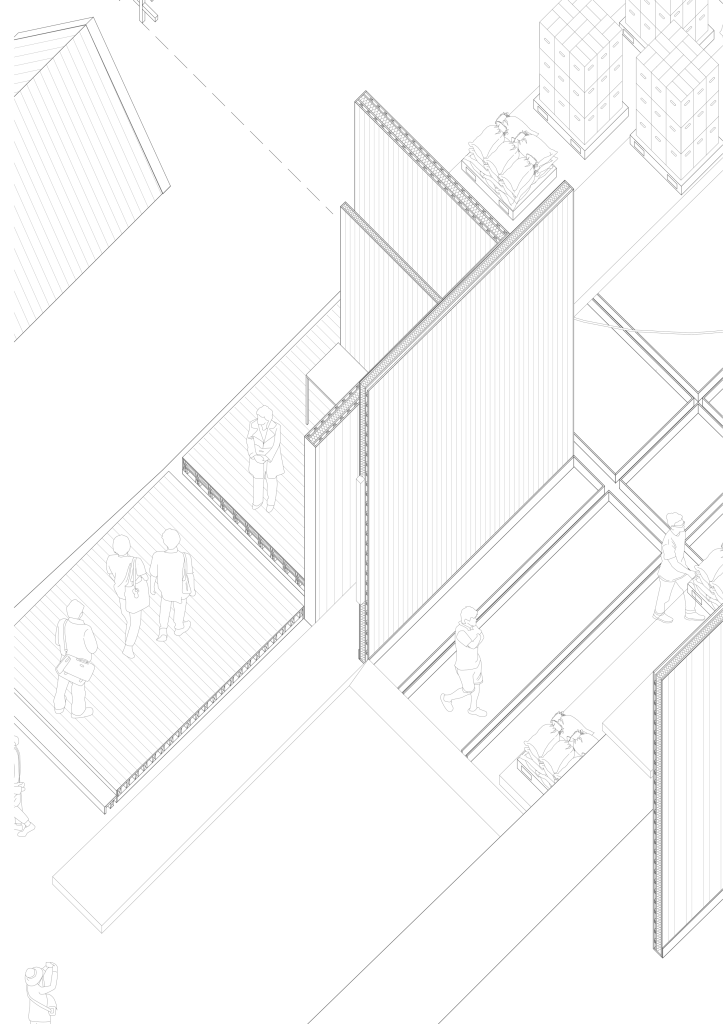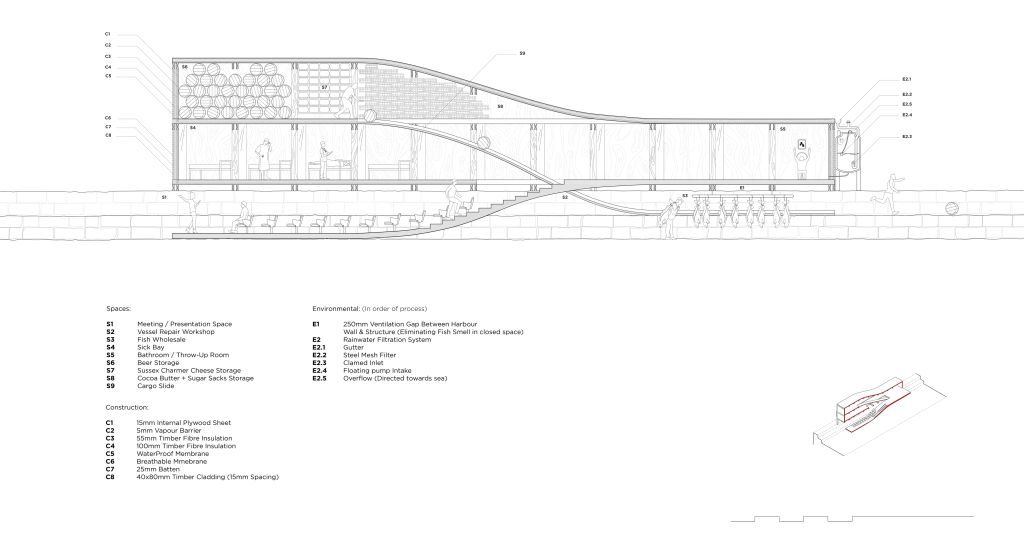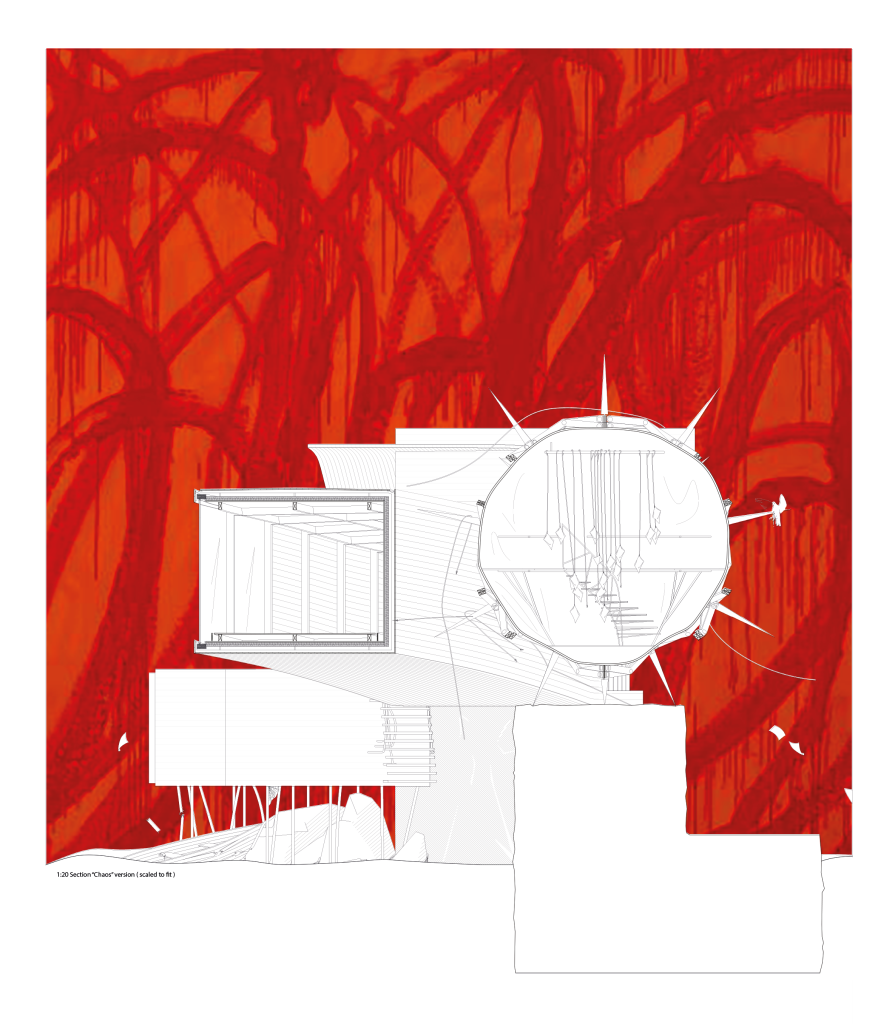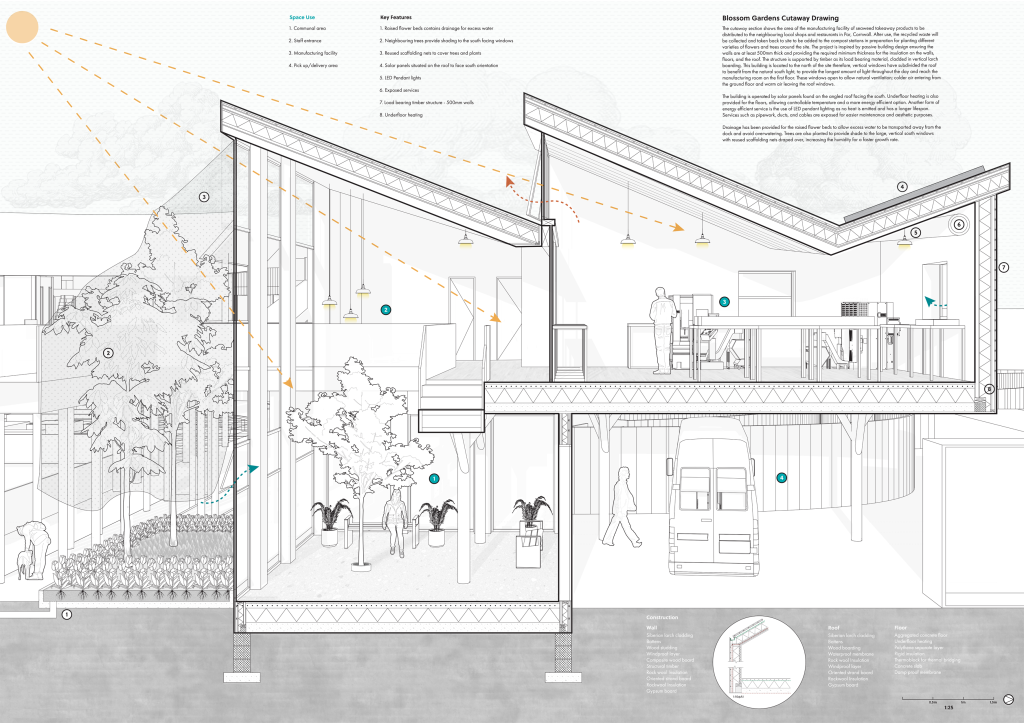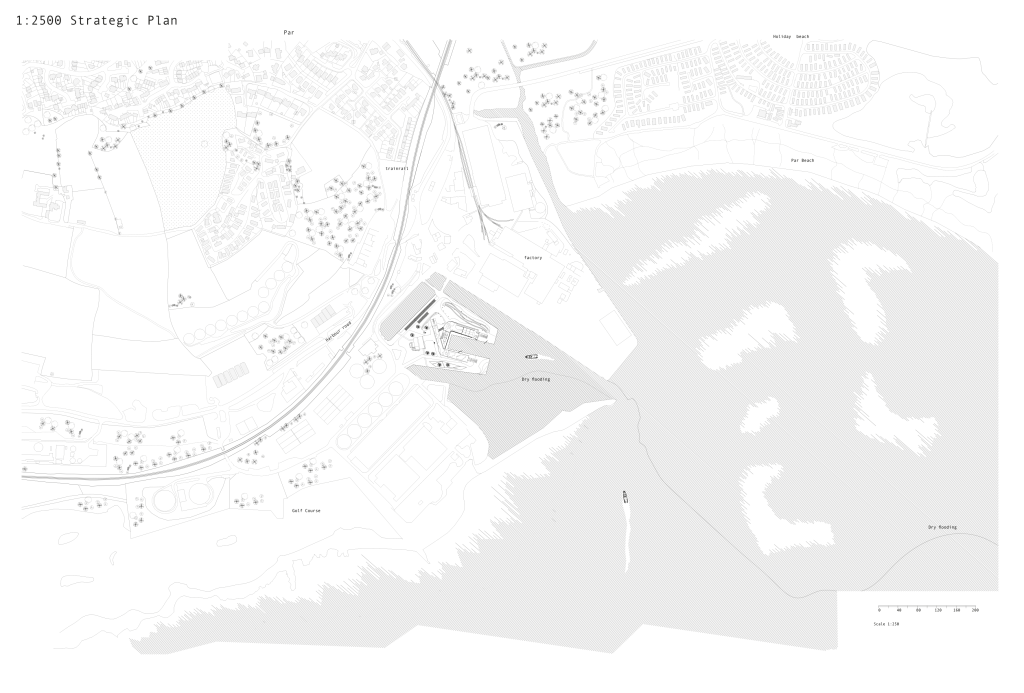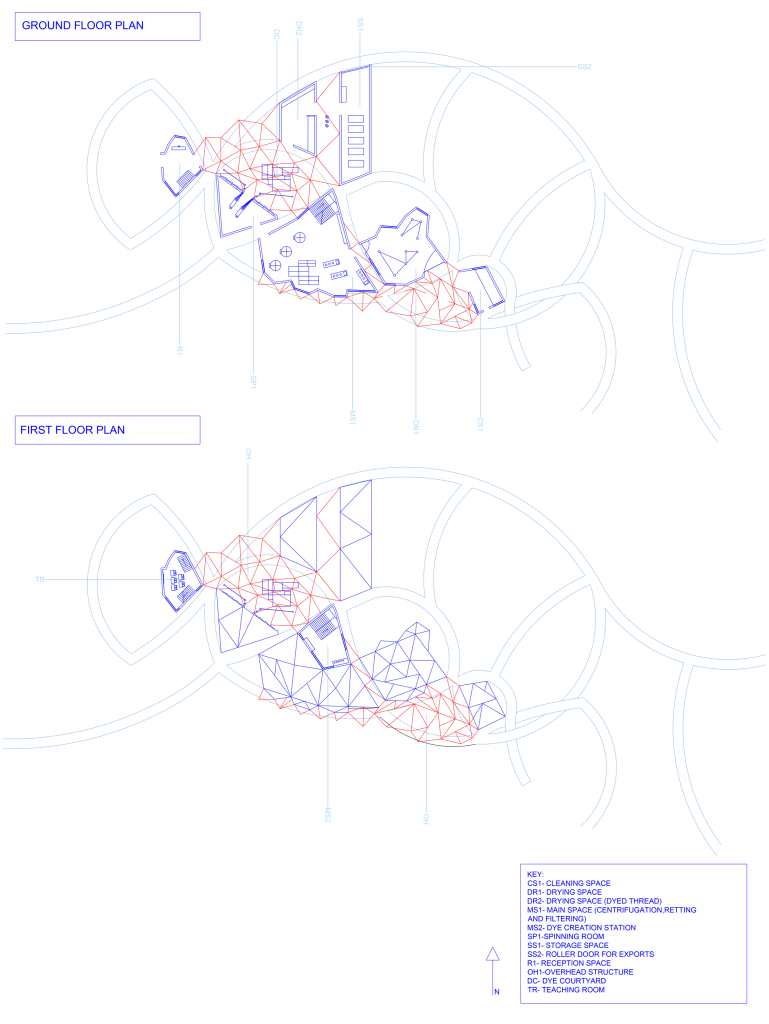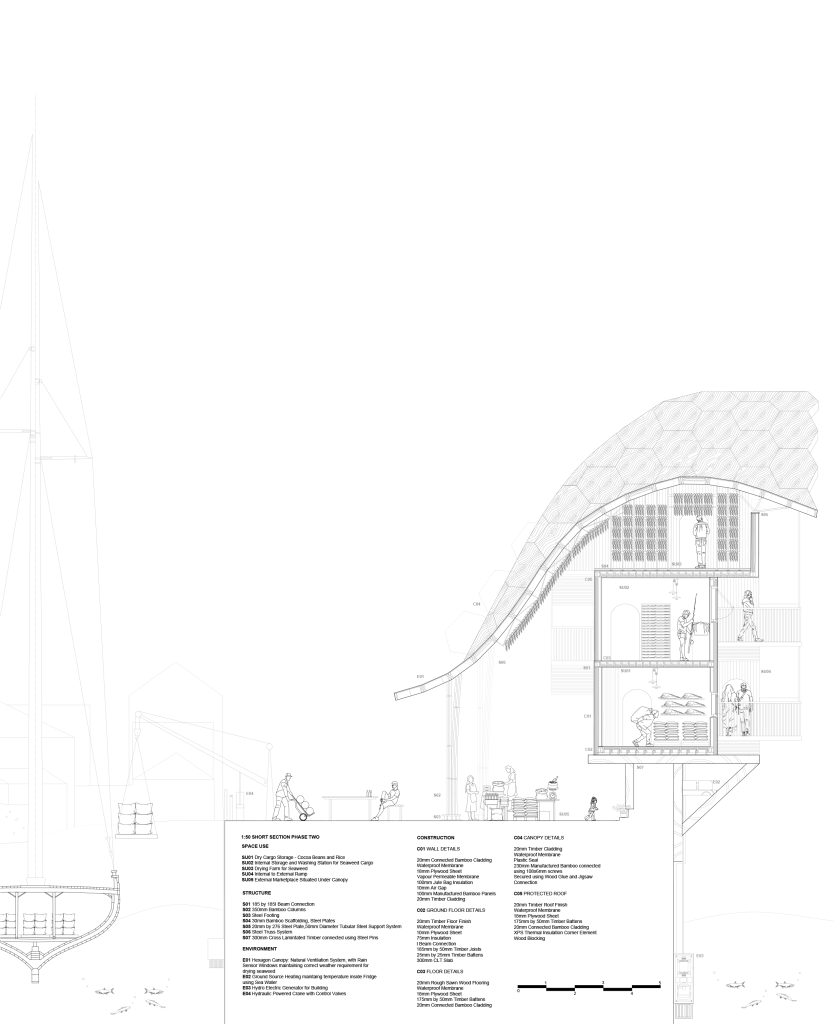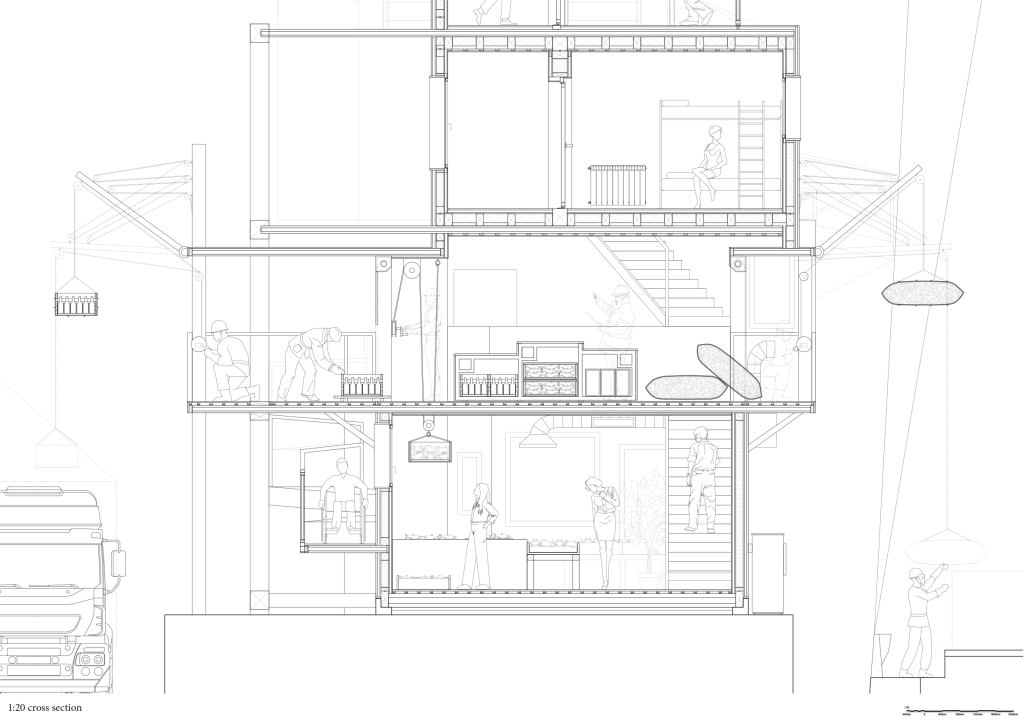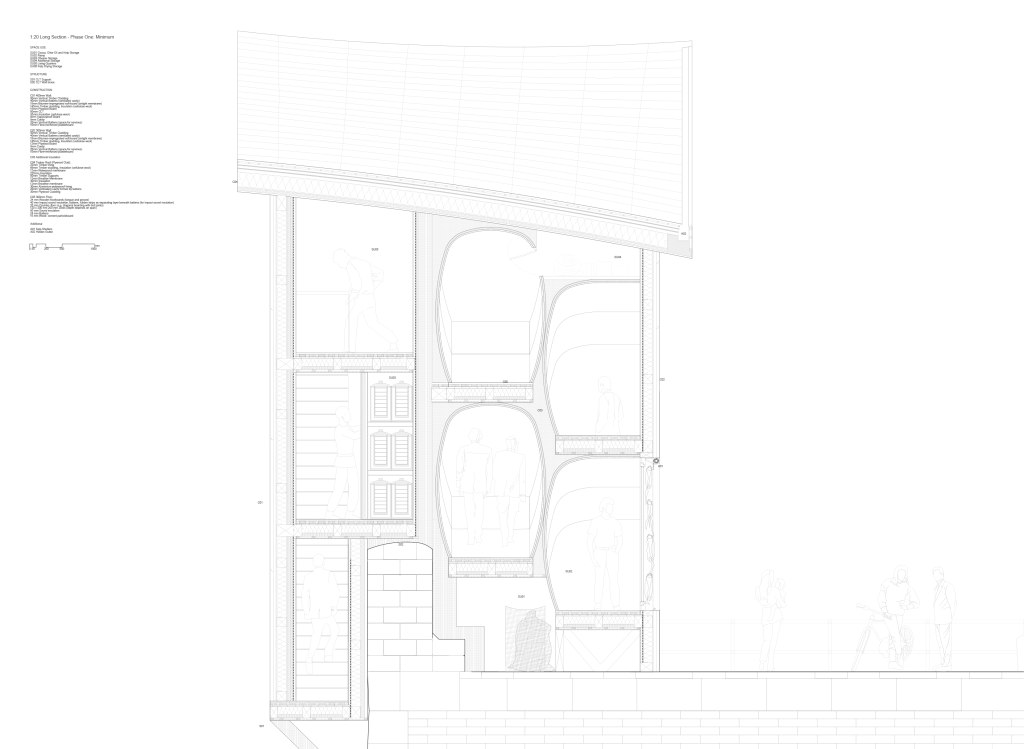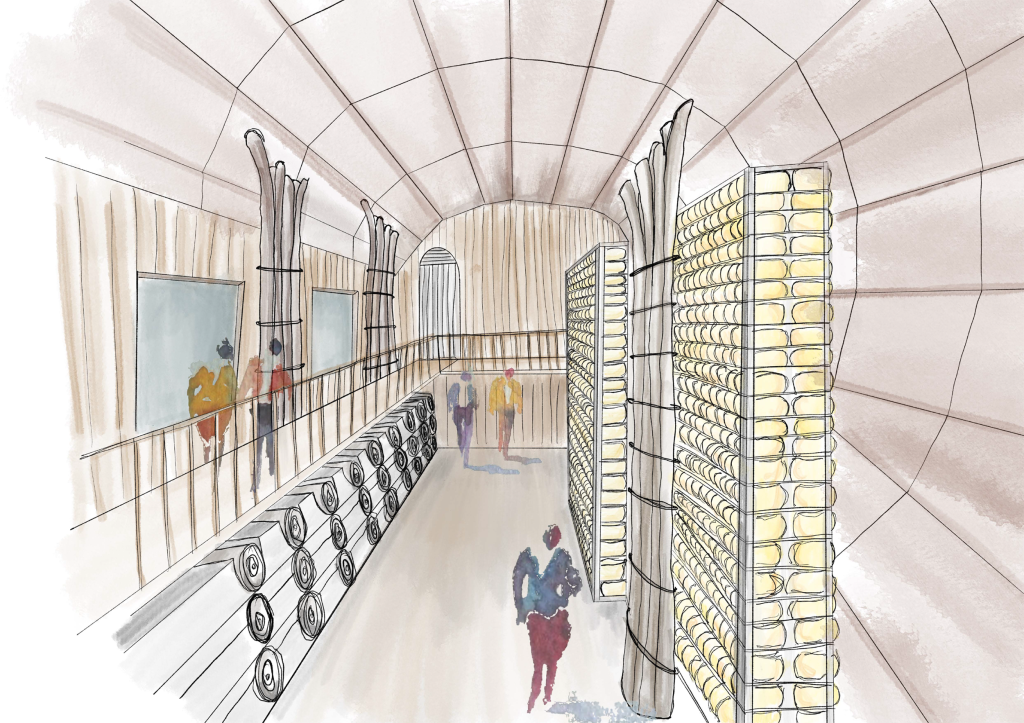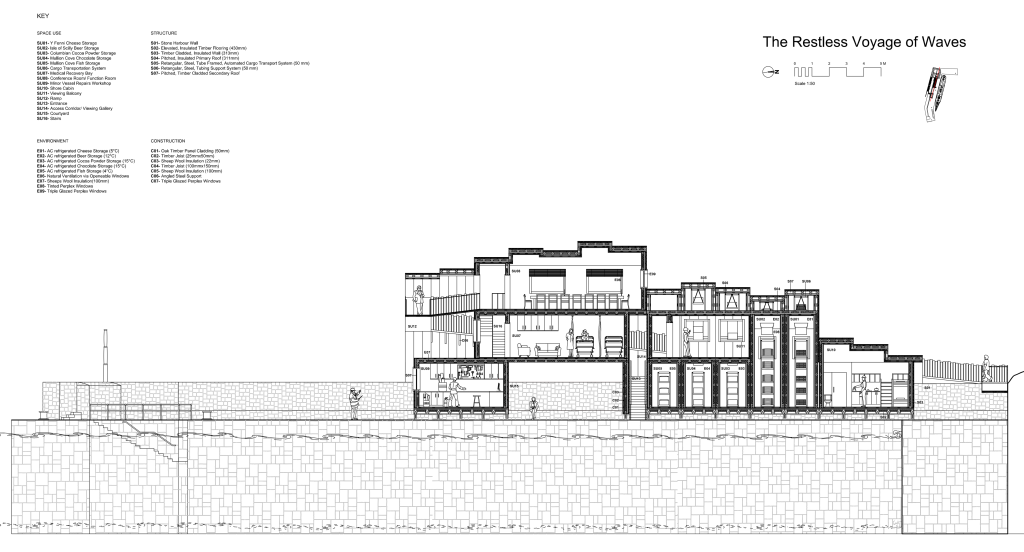AUTUMN STUDIO
AA3DS5 - Complexity
CARGOES
The Autumn project, Faenza, investigated the properties of soup as a potential social condenser. Each working with a unique soup, linked to a global culture, students interrogated processes of soup making and consumption and reinterpreted them for deployment at the sensitive Abbey ruins site in Reading. What do towns and cities seek to import? What are the advantages? Can you control who / what comes? Should you? Town development plans, policies that determine what is permitted and what is not, what is actively discouraged and what is supported with funding and facilities shape both infrastructure and transient, presences and populations. What are the pros and cons of visiting new exhibitions, of new commuters, new pilgrims, new bands, new celebrities, new films, new drinks, new menus, new soups….? How long would you want these many ‘visitors’ to stay? Which parts of the economy might they inflate? What are the related costs? Tidying up, for example, coach parks, public toilets, tourist centres, emergency provisions? £300,000 worth of tents were left behind by (too?) wealthy festival goers after last-years Reading Festival. What effect do such imports have on regular local bands, local artists, local soups? What are the cultural consequences of consuming?
Module Convenor: Oliver Froome-Lewis
Design Studio Team: Oliver Froome-Lewis, Negin Ghorbhani, Mike Kane, Sayan Skandarajah, Michelle Tomlinson
Visitors: Gillian Horn, Tim O’Callaghan, Penélope Plaza
In Cargoes we considered several ways that the question of emissions from the shipping industry may be addressed, examining specifically the organisations Timbercoast and Fairtransport. Timbercoast, cargo under sail, is an organisation based close to Hamburg that is pursuing the discussion of issues and the raising of awareness. Fairtransport is another organisation, based in the Netherlands, with a ship, the Tres Hombres, that also provides a freight service.
Students were advised that if they were to join the crew of the Avontuur, and as the crew of this design project, they would need to ‘sign up’ to some of the values of Timbercoast:
All crew members on board are required to support the mission with their work, their conviction, and their heart. In every port we call, we are the ambassadors of a mission that we carry into the world on board the AVONTUUR. We cross the ocean on a sailing ship without leaving a trace, nothing but the wake of the ship.
Students were asked:
Do you know where all the items in your fridge have come from?
Importantly: What is a treat?
What changes could you make? Is a cauliflower as exciting as a sugar snap? Is wine from Australia the same as wine from Kent? Would you buy one Scottish made jumper instead of three from China? Are there more places you could walk to? Is rum a staple food?
Cargoes investigated the possibilities of a mini-distribution point that would also provide a platform (not literally) to share messages about sustainable cargoes and sustainable shipping. Initially researching four cargoes, students learned something of the cultures and practical needs of those cargoes and designed micro-distribution-points that would ‘pop-up’ on quaysides, for the cargoes which would be raised from the hold of the Avontuur, in small, traditional, fishing harbours located around the British Coastline.
MODULE CONVENOR: Oliver Froome-Lewis
STDUIO TEAM: Oliver Froome-Lewis, Negin
Ghorbani, Mike Kane, Michelle Tomlinson,
INTERNAL & EXTERNAL GUESTS: Peter Corbett, Adam Dobson,
Sabine Hogenhout, Paulina Lemos Sabrina Morreale,

